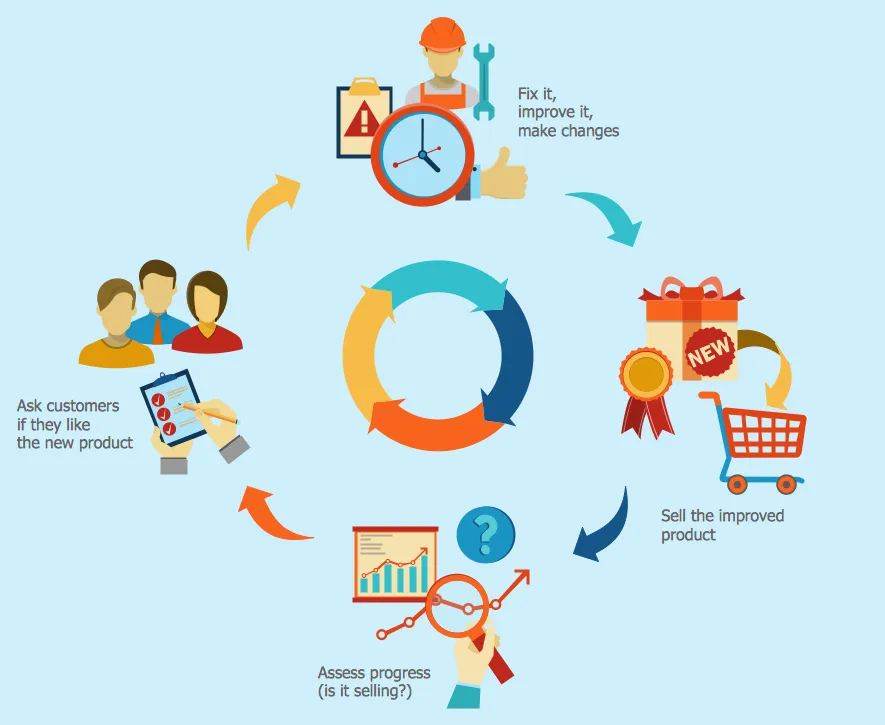Unlocking the Power of Customer Relationship Management: A Guide to Effective CRM Strategies
Introduction
Customer Relationship Management (CRM) has become an essential tool for businesses to manage their interactions with customers, clients, and sales prospects. A well-implemented CRM system can help organizations streamline their sales processes, improve communication, and ultimately drive revenue growth. In this guide, we will explore the benefits of CRM and provide actionable tips on how to implement effective CRM strategies.
What is Customer Relationship Management (CRM)?
Customer Relationship Management (CRM) refers to the process of managing a company’s interactions with customers, clients, and sales prospects. A CRM system helps businesses store and organize their contacts’ information, track their communication history, and analyze customer behavior. This allows companies to better understand their customers’ needs, preferences, and pain points, enabling them to provide personalized experiences and build strong relationships.
Benefits of Implementing a CRM System
Implementing a CRM system can bring numerous benefits to businesses, including:
- Improved Sales Performance: A CRM system helps sales teams stay organized, prioritize leads, and focus on high-value opportunities.
- Enhanced Customer Experience: By providing real-time information about customers’ interactions with your business, a CRM system enables you to deliver personalized experiences and resolve issues efficiently.
- Better Data Analysis: A CRM system provides valuable insights into customer behavior, allowing businesses to identify trends, patterns, and areas for improvement.
Best Practices for Effective CRM Strategies
To get the most out of your CRM system, follow these best practices:
- Define Your Goals: Clearly articulate what you want to achieve with your CRM implementation. This will help you focus on the right metrics and KPIs.
- Customize Your System: Tailor your CRM system to fit your business needs by creating custom fields, views, and workflows.
- Train Your Team: Ensure that all team members understand how to use the CRM system effectively and provide ongoing training and support.
- Integrate with Other Tools: Integrate your CRM system with other tools and platforms used by your organization to ensure seamless data flow.
Conclusion
Implementing a CRM system can be a game-changer for businesses looking to improve their sales performance, customer experience, and data analysis. By following the best practices outlined in this guide, you can unlock the full potential of your CRM system and reap the benefits of effective customer relationship management.

Illustration of a CRM system in action.

Fundamentals of CRM with Dynamics 365 and Power Platform

Marketing Automation For Dummies

Successful Direct Marketing Methods: Interactive, Database, and Customer-based Marketing for Digital Age (BUSINESS BOOKS)

CRM & FFHH: analysis of real accidents

Connected CRM: Implementing a Data–Driven, Customer–Centric Business Strategy

Special Edition Using Microsoft CRM
Related Guides: See all
- AI-Powered CRM: Supercharging Customer Relationships with Intelligent Automation and Predictive Insights in 2024
- Omnichannel Engagement with CRM: Crafting Seamless Customer Journeys in 2024
- Personalization Powerhouse: How CRM Drives Customer-Centric Experiences in 2024
- Customer Segmentation Mastery with CRM: Unlock Personalized Marketing and Sales Strategies in 2024
- Mastering the Customer Journey with CRM: Elevate Experiences and Boost Loyalty in 2024
- Social CRM: Building Stronger Customer Relationships Through Social Media in 2024
- Cloud CRM: Revolutionizing Business Agility and Scalability in 2024
- Mobile CRM: Empowering Sales and Service Teams on the Go in 2024
- CRM Integration and API: Unifying Your Business Ecosystem for Seamless Operations in 2024
- Data-Driven Decisions with CRM: Harness the Power of Reporting and Dashboards in 2024